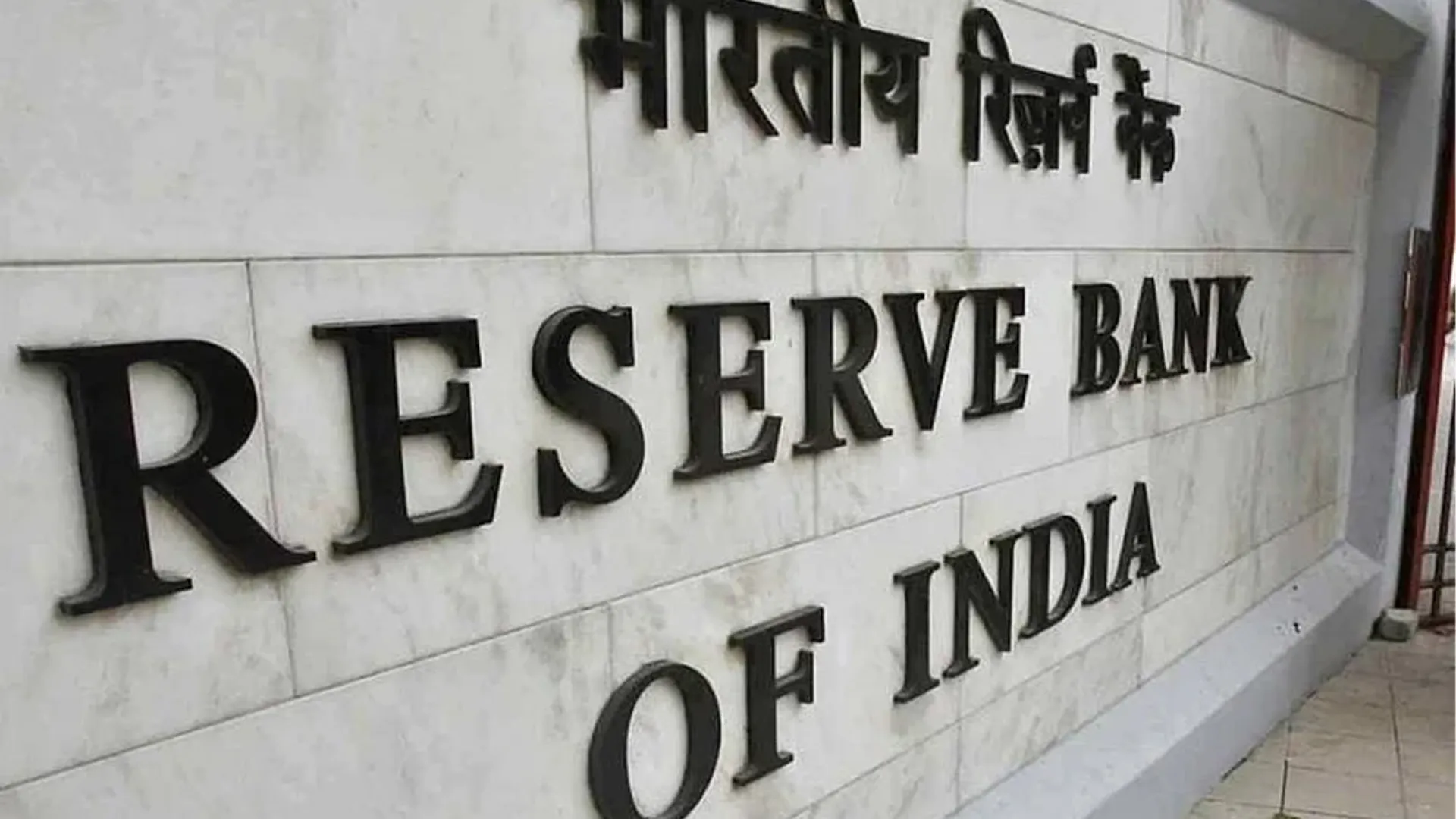The Monetary Policy Committee (MPC) of the Reserve Bank of India (RBI) reduced the policy repo rate by 25 basis points on Wednesday at 10:00 a.m. RBI Governor Sanjay Malhotra announced the cut, bringing the key lending rate down to 6%. This is the first monetary policy in the fiscal year 2025-26 and the second consecutive rate reduction of the calendar year.
Global Trade Unrest Adds Pressure
This policy move was only after US President Donald Trump’s retaliatory tariffs kicked in, including a sharp 104% duty on Chinese imports. Markets across the globe have been on edge ever since, and the Indian central bank has not been spared either.
Trump imposed a 26% tariff on Indian goods from April 9, which could set off new inflationary pressures and decelerate trade sentiment. The RBI, in its policy statement, did recognize these external headwinds with great emphasis, underlining the necessity of acting pre-emptively.
Inflation at 7-Month Low
India’s retail inflation fell to a 7-month low of 3.61% in February 2025, coming in below the RBI’s medium-term target of 4%. This provided room for the central bank to continue easing rates. However, with the fresh tariffs and concerns over global demand, the RBI remains cautious about future price pressures.
#WATCH | Mumbai | RBI Governor Sanjay Malhotra says, ” The MPC (Monetary Policy Committee) voted unanimously to reduce the policy repo rate by 25 basis points to 6 % per cent with immediate effect.”
(Source: RBI) pic.twitter.com/rRVCJiTy0H
— ANI (@ANI) April 9, 2025
Analysts had generally anticipated a rate reduction on Wednesday, spurred by easing inflation and the urgent need to boost economic growth. The MPC had last reduced the repo rate by 25 bps in February, the first such reduction since May 2020, following a gap of two-and-a-half years.
RBI to Release Monetary Policy Report
In addition to the MPC announcement, the RBI will publish its Monetary Policy Report (MPR), which will provide more detailed insights into the central bank’s approach and its economic projections for 2025-26.
Economists have raised alarm over a possible global recession, cautioning that increased costs due to the tariffs would lower demand and damage growth prospects.
Markets Respond to Twin Pressures
Indian stock markets opened lower on Wednesday, reversing morning gains. The Nifty 50 index fell 75.55 points (0.34%) to open at 22,460.30. The BSE Sensex, meanwhile, opened lower by 123.25 points (-0.17%) at 74,103.83.
While the RBI adopts a conservative but growth-focused trajectory, global uncertainties driven by US trade policy continue to pose a threatening risk for emerging nations such as India.























